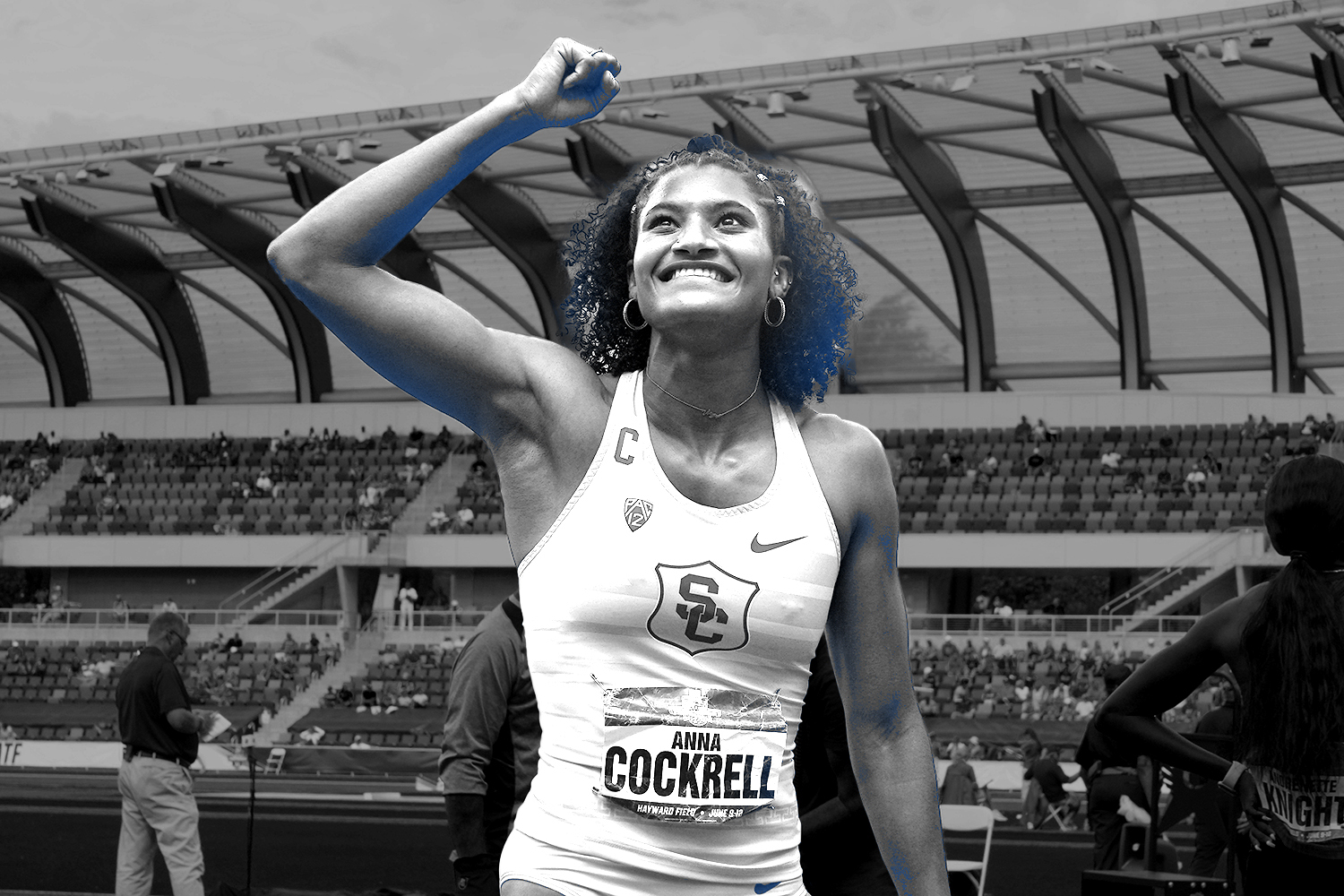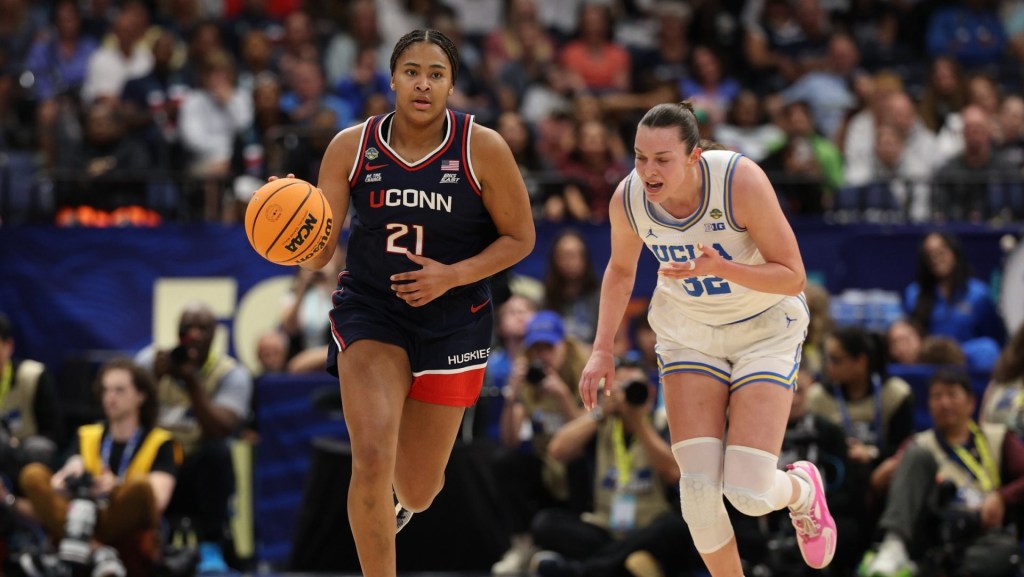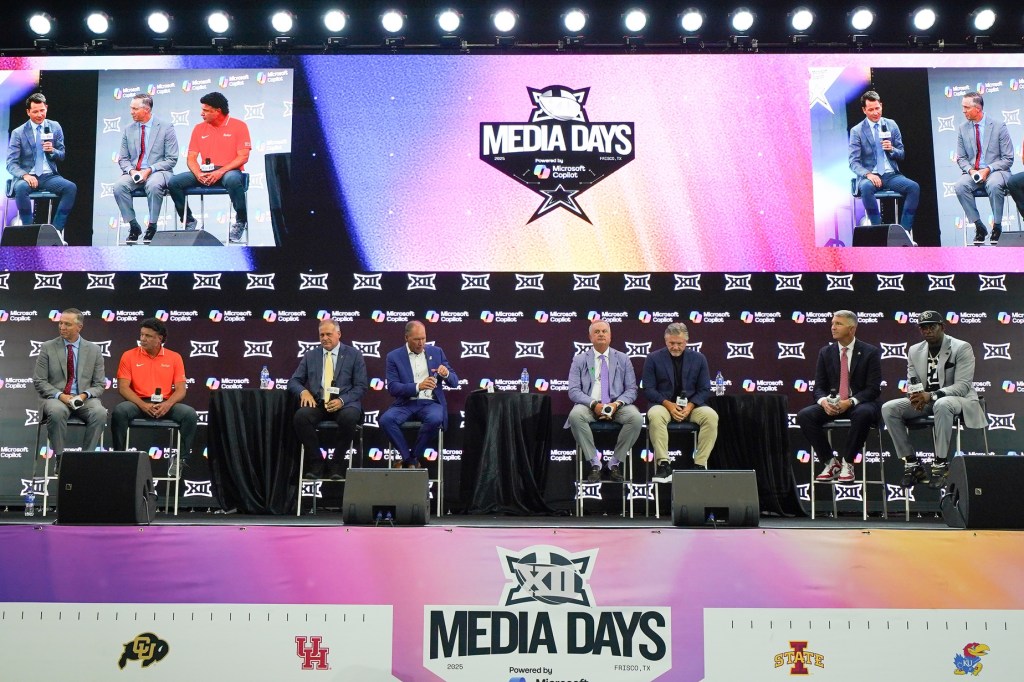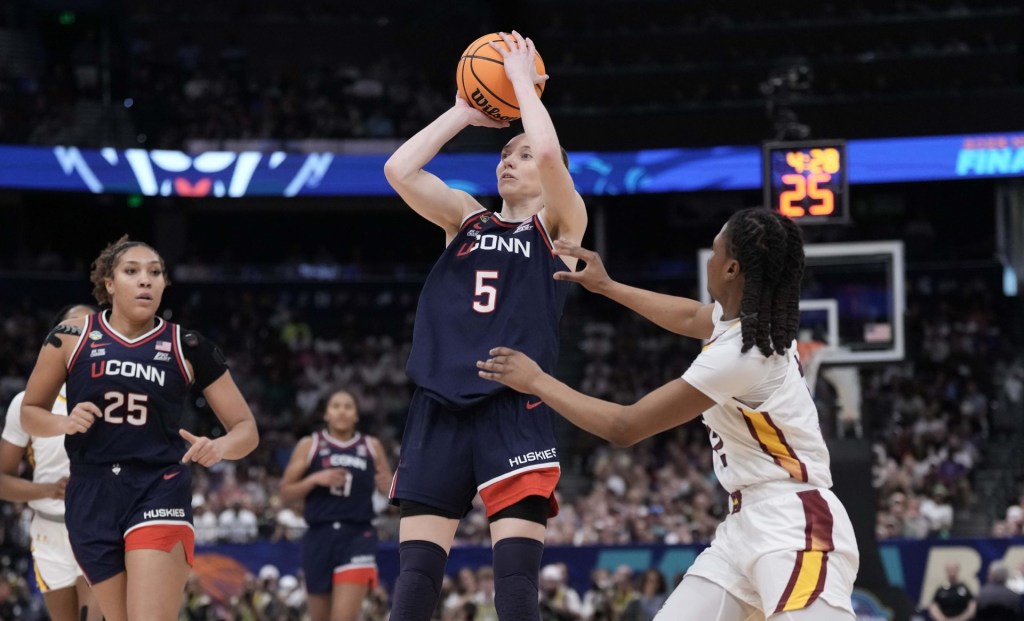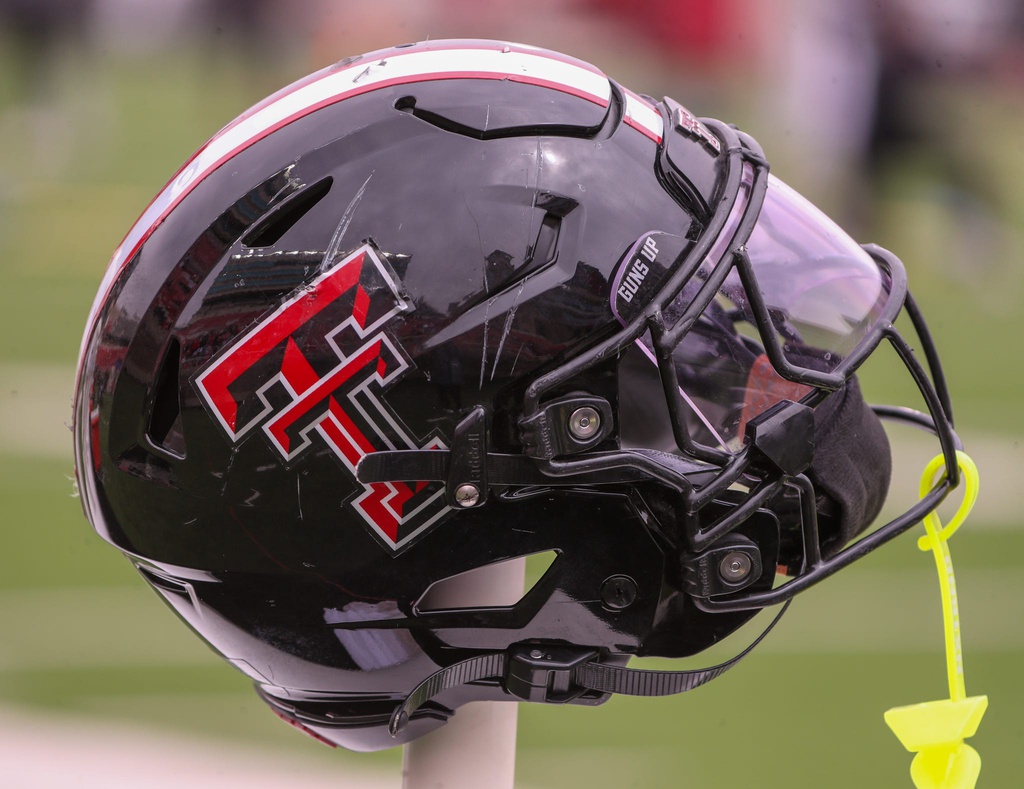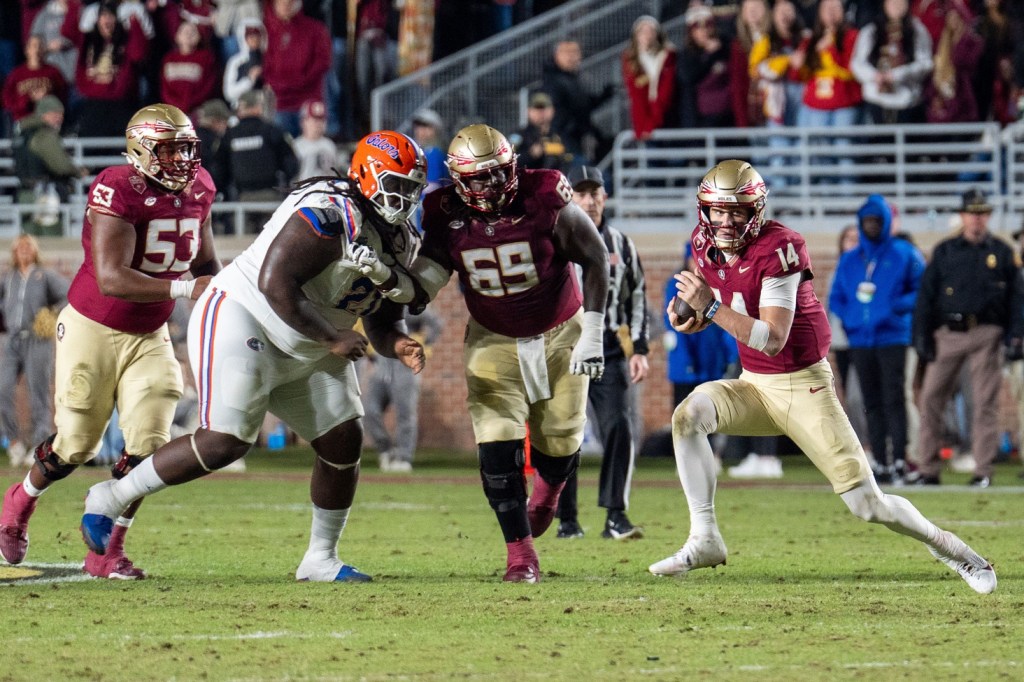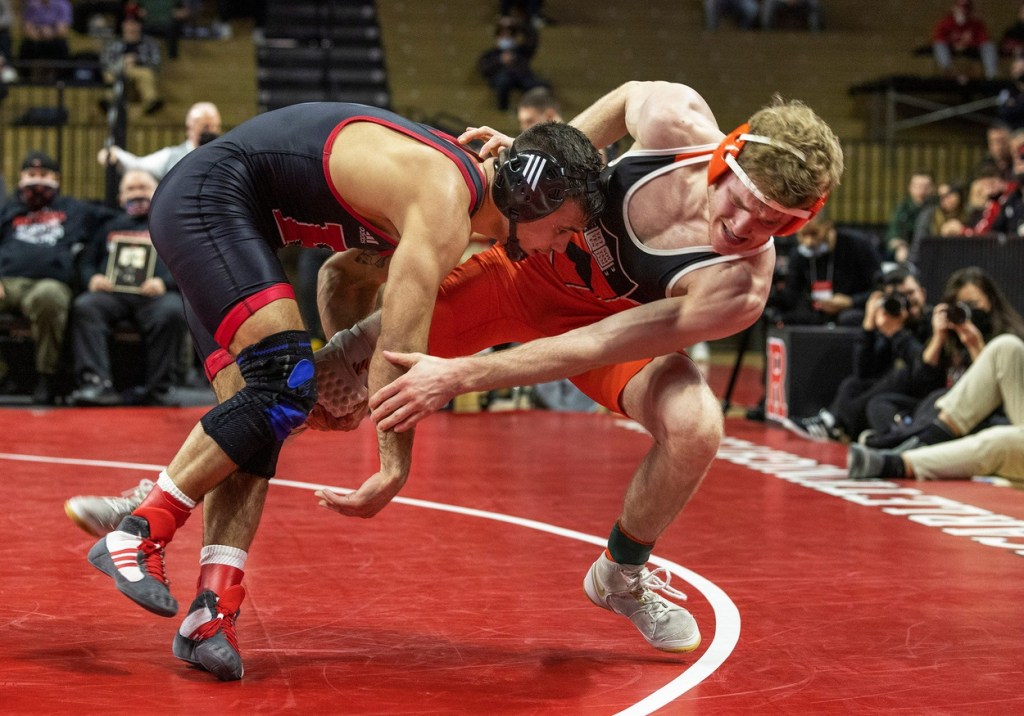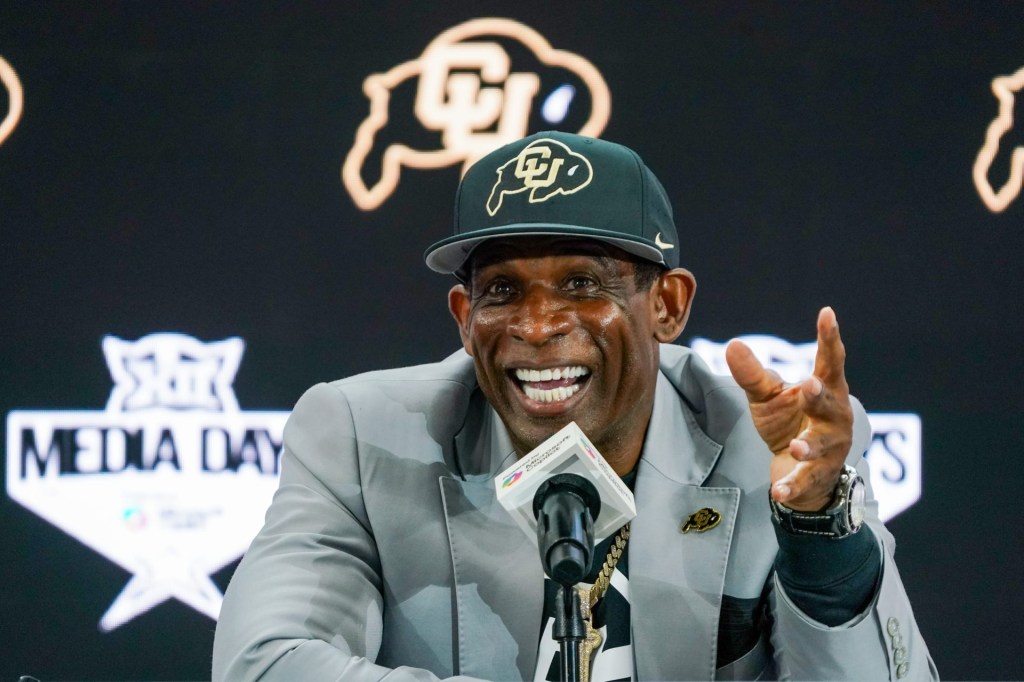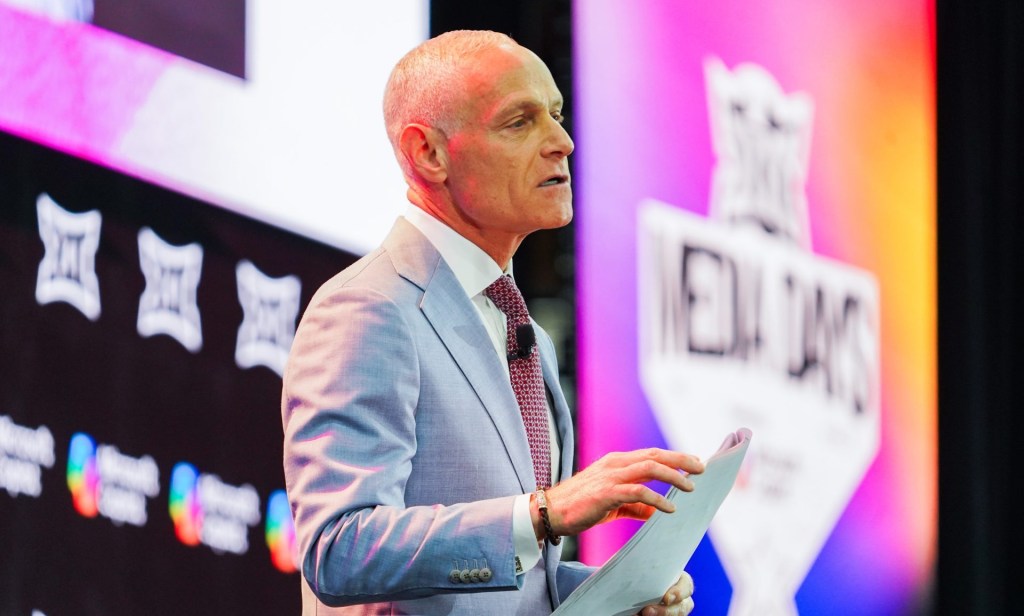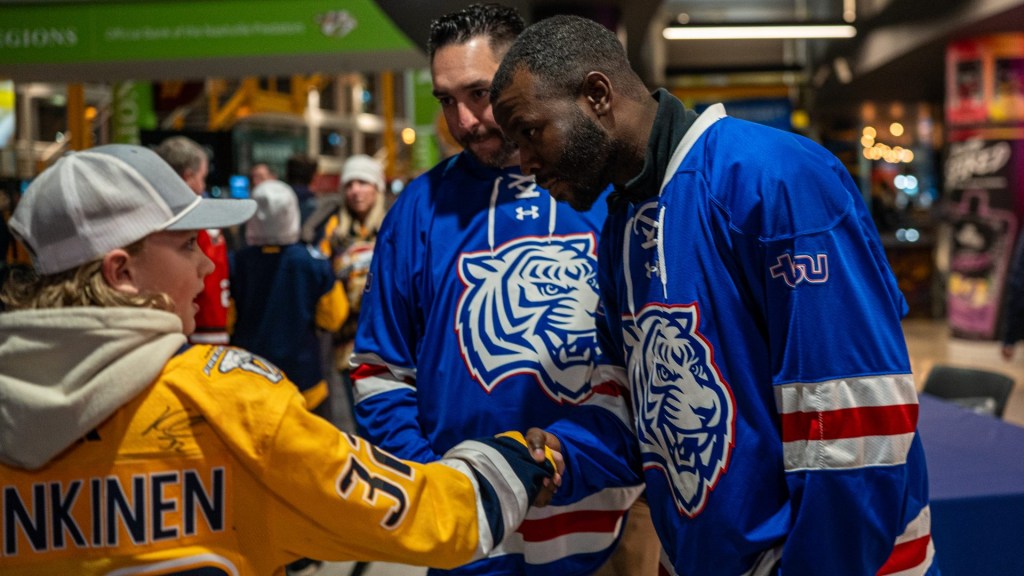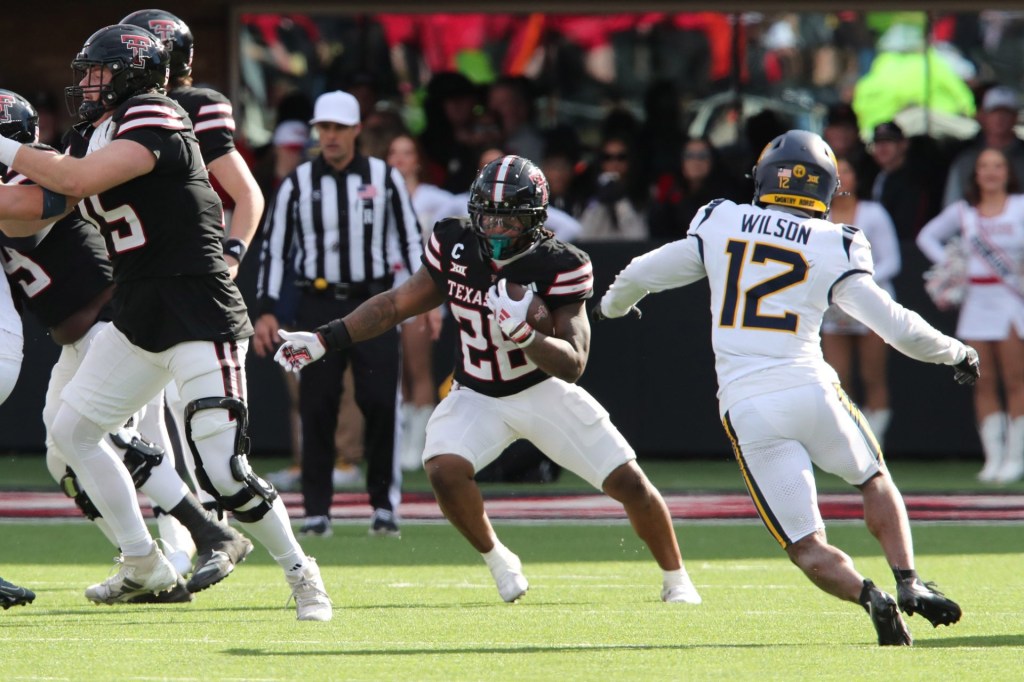The PwC survey confirms a well-documented trend — women’s sports athletes have led the way in social and political activism.
The survey notes that most professional athletes have historically kept quiet on politics. But “a new generation of athletes, particularly women, is now speaking out not only for their own rights and status, but also for broader community causes.”
The increasing popularity of women’s sports is giving them a larger platform, making their voices even more important, according to the survey.
Some women’s sports athletes — like those in the WNBA — have long been vocal. But in college sports, that hasn’t been the case until now. In just the past year, there’s been an explosion of activism across the NCAA.
- In 2020, former USC hurdler and Tokyo Olympian Anna Cockrell launched an initiative to improve racial equity for Black USC athletes and staff.
- In March, Oregon basketball player Sedona Prince acted as a whistle-blower to inequities between the Division I men’s and women’s basketball tournaments.
- This week, more than 500 women’s sports athletes — including 276 college athletes — filed an amicus brief to the U.S. Supreme Court arguing against a Mississippi law that could ban abortions after 15 weeks of pregnancy, USA Today reported.
Experts have previously told FOS that women’s sports athletes could be some of the biggest winners in the NIL era. In a time where social consciousness is a huge consumer driver, there’s even more reason to believe they could be brands’ biggest assets.
Some brands have already gotten the memo. Prince has an NIL partnership with Parity, a sponsorship marketplace for female athletes working to fight the gender pay gap.
